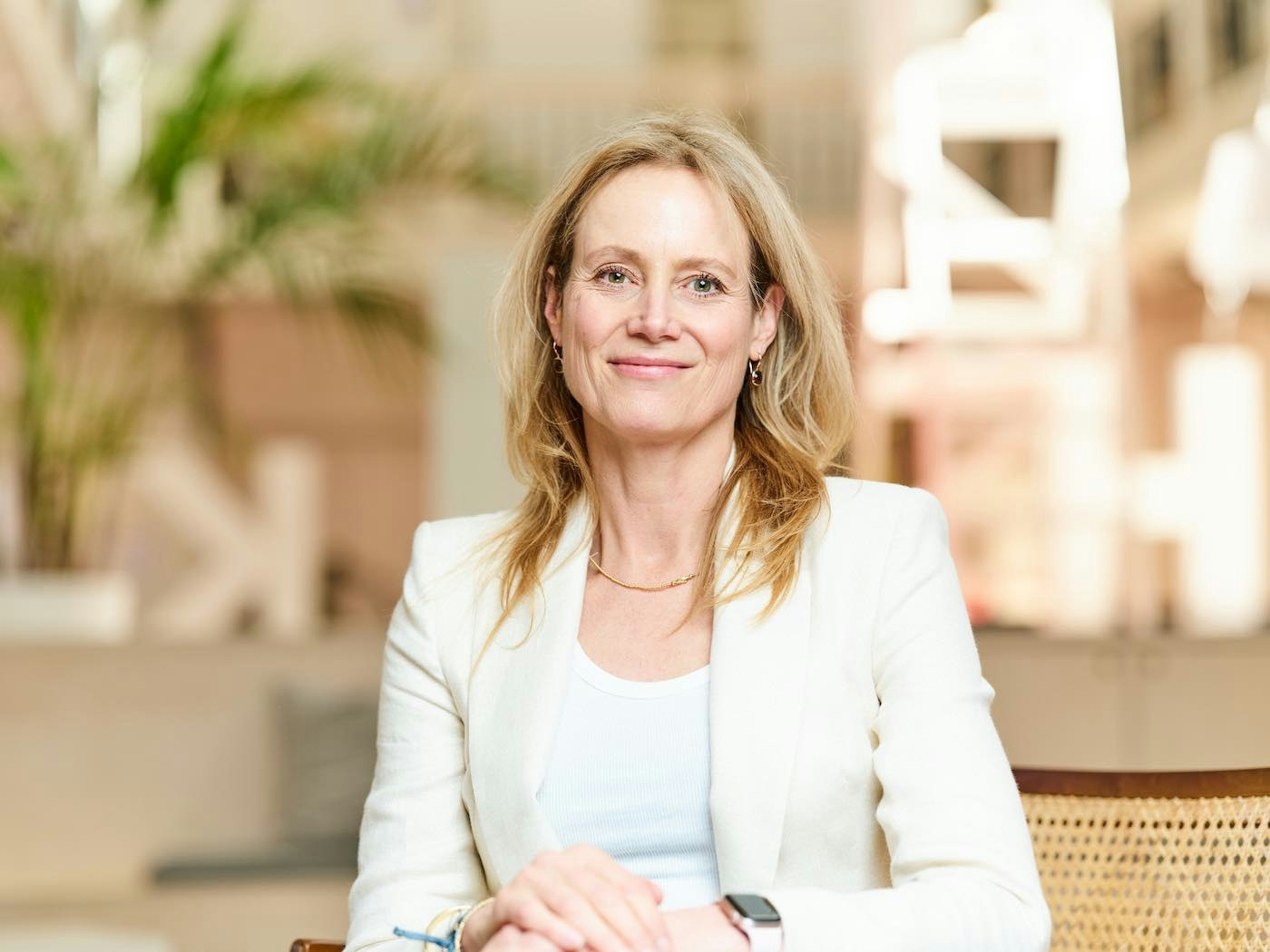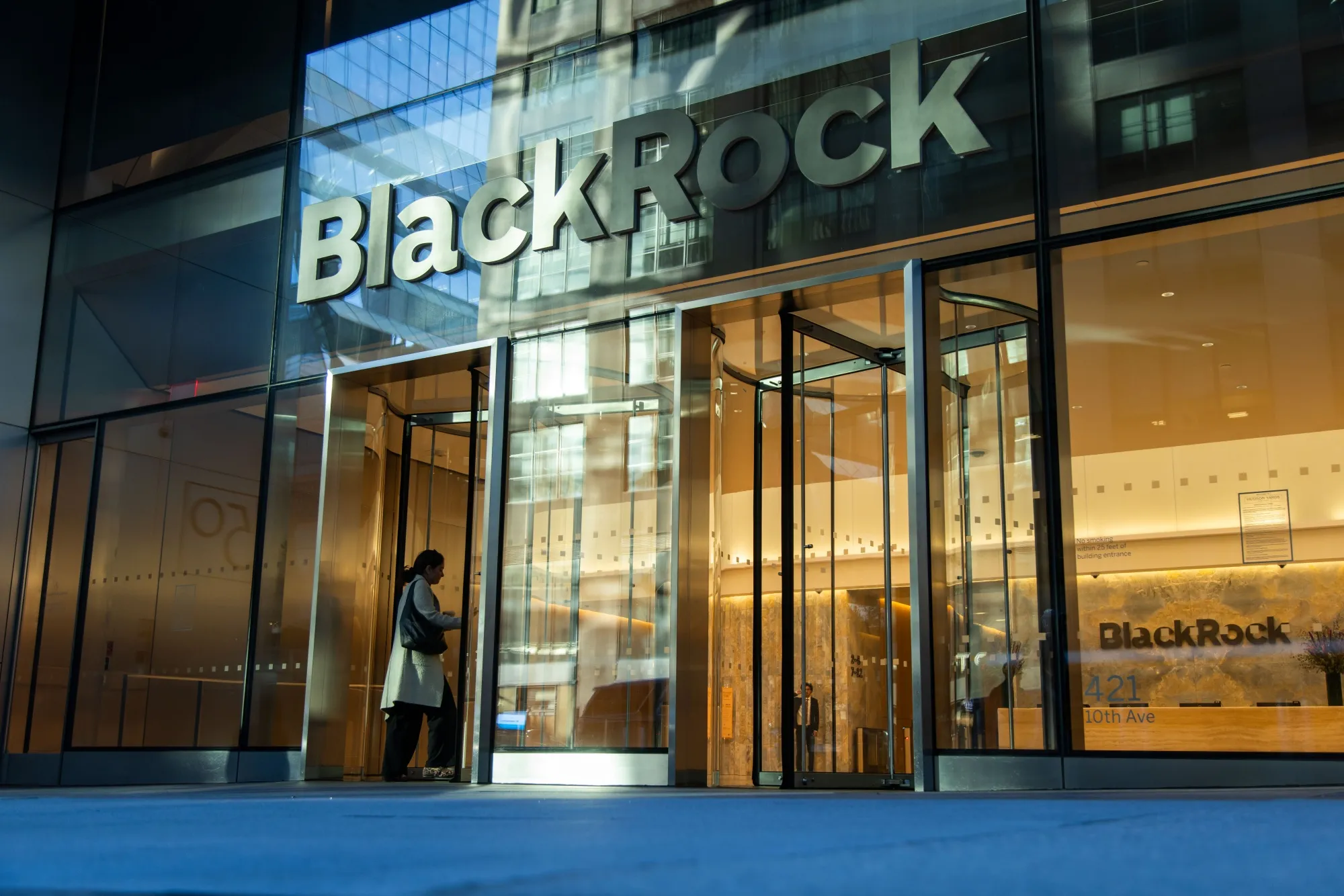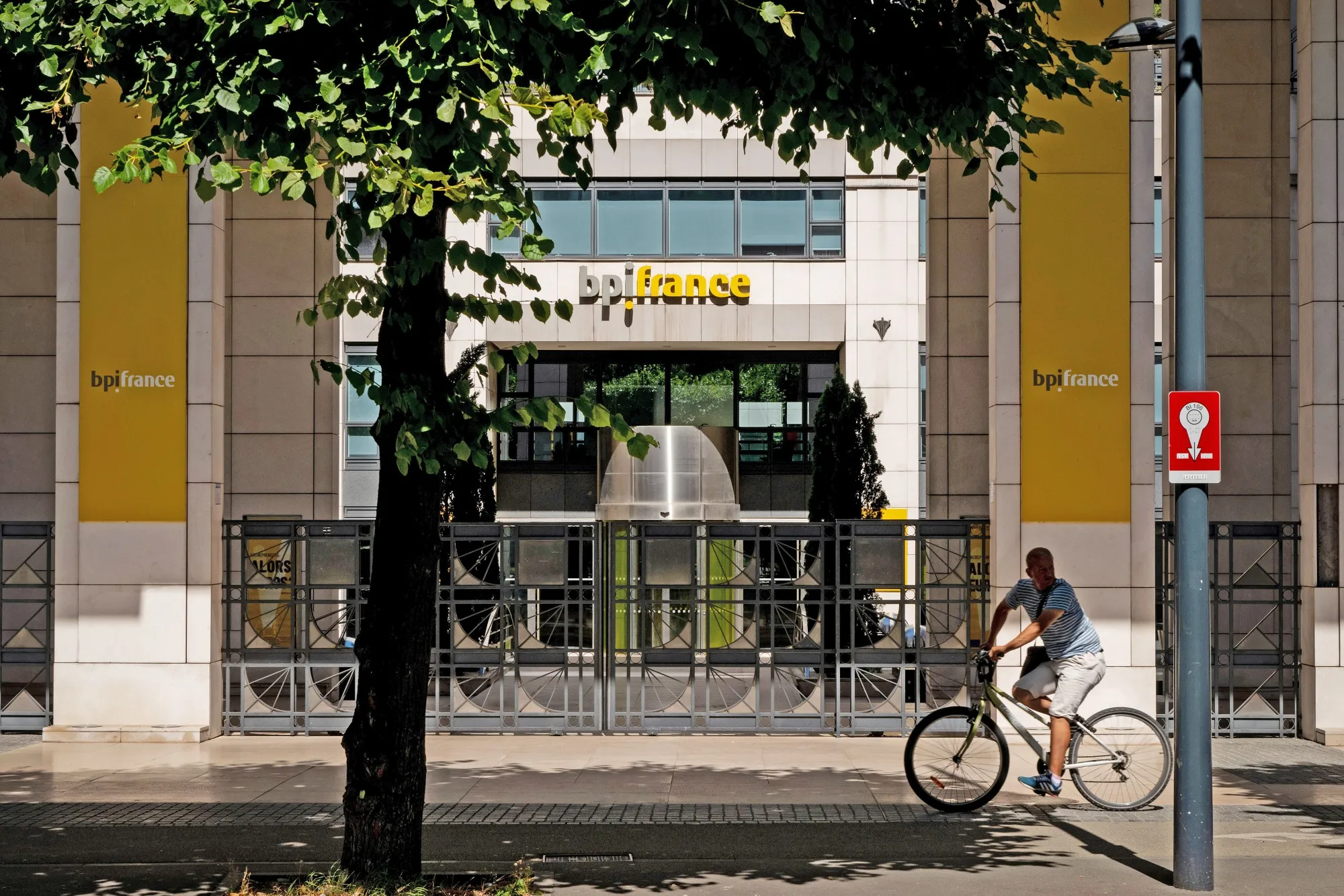This year, data on the health of European tech has been scrutinised more than ever, but some false narratives are still slipping through the cracks. Admittedly, the picture is constantly changing, but the blanket “doom-and-gloom” statements aren’t necessarily a fair reflection of what’s really going on.
Here are five myths where the data tells a different story.
Myth 1: Late-stage funding is down but seed rounds are keeping early-stage afloat
It is a pretty common view that while late-stage funding has fallen, lots of interesting things are happening at seed level.
The reality is that Series A rounds, not seed or pre-seed rounds, have been the driving force behind the resilience of early-stage funding — up by 10% between angel, seed and Series A on Q1-3 last year. Whereas there's been a 15% fall for rounds Series B and beyond, according to Dealroom data.
The total value and number of Series A rounds are up by 5.3% and 5.4% respectively against the same period in 2021. And despite sentiment souring since the spring, the six biggest raises have all happened since April.
Myth 2: Currency volatility has prompted an influx of US capital
The slide in the pound and the euro against the US dollar have certainly made Europe a more attractive investment destination for US investors. Add to that the fact that round sizes and valuations tend to be lower over here than in Silicon Valley — and Europe looks pretty juicy.
And while the dollar has been strengthening since March, that hasn’t yet translated into a wall of deal-seeking US cash hitting European startups’ bank accounts.
VCs aren’t Forex traders making snap decisions based on the movements of markets. A better exchange rate may tip the scale, but it's only one of a multitude of factors considered in the creation of a long-term investment thesis, which in the current climate involves even greater due diligence.
Given the rise of distressed businesses, the same logic also applies to US companies looking overseas for shrewd acquisitions that can help turn the needle on their side of the pond, or springboard a European expansion. Yet, US M&A activity in Europe is down significantly in 2022, following a record year in 2021.
If current trends continue, this may change going into 2023, but six-plus months of data suggests that US tech have their own fires to put out first before they look to Europe.
Myth 3: The whole of Europe is in the same boat
In a more stable environment, Europe could have expected some upwards convergence in funding from different regions. No country in the top 15 experienced less than 25% growth in VC funding in 2021, with smaller ecosystems growing particularly fast.
At the extremes, Luxembourg-based companies raised 678% more than in 2020, followed by Austria (515%), Norway (303%), the Netherlands (256%), and Spain (240%). Even though a single megaround can significantly inflate these rates, they’re still indicative of healthy growth trajectories.
But 2021 was hardly business as usual for European VC, and neither were the first three quarters of 2022.
Macro shocks are disrupting different ecosystems in different ways. We’ve seen mature tech scenes drop significantly below their start-of-year projections — top performers UK, France and Germany took the biggest hit over the past three months, at -60%, -33% and -47% quarter-on-quarter respectively. Unlike Germany and the UK, French funding is still up by 24% compared to the first three quarters of 2021, mostly due to an outstanding start of the year.
But even then, aggregate investment still exceeds pre-2021 levels for the whole cohort, sometimes by heavy margins.
While it’s reasonable to expect that aggregate funding will follow the top dogs’ fallback for most countries over the coming months, it's so far not been the case for some smaller ecosystems. Belgium, Italy, Ireland, Estonia, Finland and Poland are all growing at positive rates compared to the first three quarters of 2021. They were all on the lower spectrum for a rise in funding last year, and didn't exhaust their opportunities for growth going into 2022.
Myth 4: There just isn’t enough cash around for founders to get funding
Even if deployment rates are down, new funds are still sprouting all across Europe — there is cash out there for great companies even if VCs are moving more cautiously.
Between VC, PE, CVC, government and family offices, more than 400 new funds have been raised (or are in the process of raising) according to Dealroom — only around 100 short of 2021's total with a quarter to go.
Some recently raised funds from established names include the likes of:
- 83North ($400m in size and 90+ total portfolio companies)
- Northzone (€1bn, 180 companies)
- Point9 (€180m, 175 companies)
- Earlybird (€300m, 185 companies)
Although fund sizes and announcements should be taken with a pinch of salt, tangible activity from European VCs is a welcomed development going into the new quarter.
Myth 5: Healthtech has a clean bill of health
The bigger the industry, the harder the fall.
Considered by many to have greater immunity to the slowdown because it’s solving “real-world problems”, healthtech’s 2022 makes for grim reading. The sector had gained real momentum from the pandemic, giving rise to a digital health explosion and greater investment into biotech and drug discovery.
Of the 12 biggest tech sectors in Europe classified by Dealroom, healthtech ranks second to last for its funding performance this year, shrinking from $18.4bn to $9.8bn — a dizzying 46% drop as it stands. Only foodtech has had a worse 2022. For reference fintech — the darling of the ecosystem — is faring slightly better, coming in at -29.3%.
Some argue that healthtech shouldn’t be judged on well funded it is, but rather on the advances in life-saving treatments it produces. But such advances are expensive and with money drying up, timelines will inevitably be pushed back.
Jonathan Sinclair is intelligence research manager at Sifted. Federico Scolari is a junior intelligence analyst at Sifted. For more data insights and analysis on European tech, become a Sifted Pro member.



